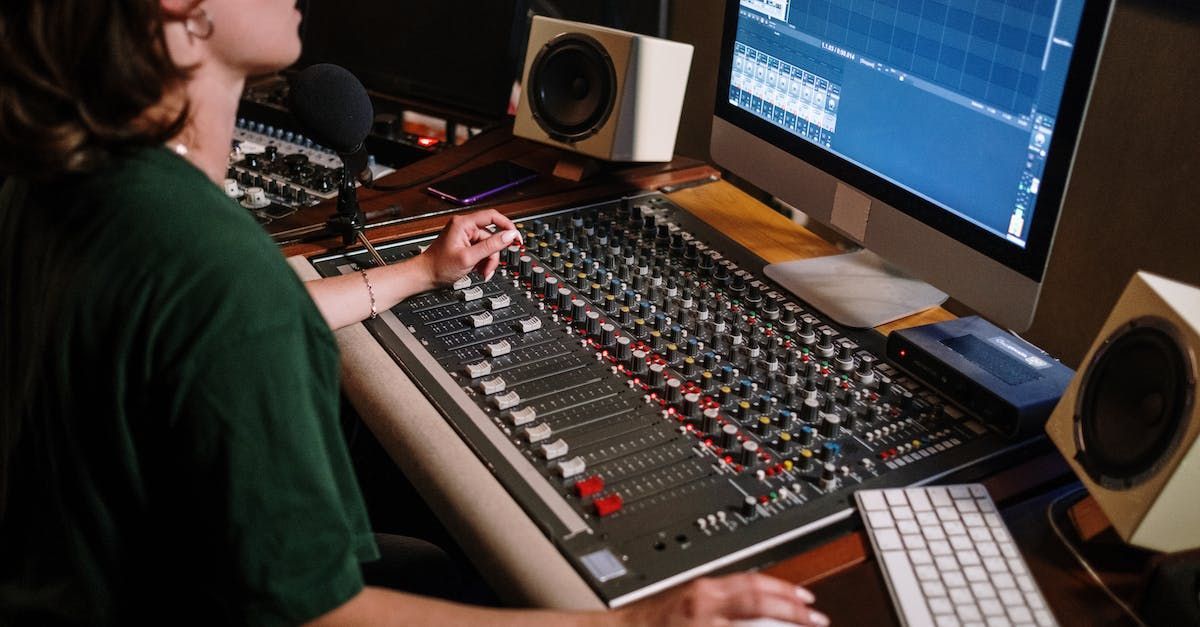Continuing ICON’s mission to fight for equal justice for the Black community and honor the contributions of Black culture to the world of music, we put together this resource guide with a variety of info in service to that goal.

ICON’s Official Statement
We stand in solidarity with our brothers and sisters within the Black community grieving and upset about the perpetual racism and brutality prevalent within the American “justice” system.
Sadly, the death of George Floyd is another example of the endless oppression that
African Americans have endured in this country since its inception.
Your voice matters now more than ever. Icon Collective has donated to the NAACP Legal Defense Fund , and we encourage you to do the same. The LDF is America’s premier legal organization fighting for racial justice through litigation, advocacy, and public education.
As a collective of artists, we have a responsibility to speak up for those not heard. We believe artists have the greatest power to shape cultural dialogs and narratives.
We call upon all the musicians of this country to use their platform to speak up and galvanize the population to participate in actual change. Let us not forget we are in an election year. We hope to harness this frustration and channel it into momentum that manifests racial justice, equality, and an inclusive society.
Black Lives Matter Resources
Below you will find educational resources along with multiple ways to get involved.
Together, we can build a new world where people are judged not by the color of their skin but by the contents of their character.
Get Involved
Watch
13th (Netflix)
Music and Black Culture
An exploration of white people’s appropriation of historically black music that continues to this day.
Learn how the Rolling Stones’ rise to prominence defines the separation of rock and roll from black culture.
Historic blues singer Bessie Smith’s indelible effect on all genres of popular music.
A piece detailing techno’s history and its roots in black culture.
Ash Lauryn, Detroit based DJ, Writer, and Radio Host, shares her experience being a black woman in dance music.
How EDM went from a mostly black, LGBT artform to a mainstream white artform.
Social Commentaries and Activism
Statement from the Combahee River Collective detailing their fight for black feminist rights back in the 1970s.
A commentary on the concept of intersectionality from the term’s inventor, Kimberlé Crenshaw.
A guide for white people to organize and fight institutionalized racism.
An FAQ guide for people who want to get involved in the fight for Black Lives Matter.
An explanation of white privilege and its role in modern society.
An open letter to the music industry penned by renowned record producer Keith Harris.
A commentary on racial stereotypes portrayed in mainstream media and how those portrayals affect society.
A piece detailing the ubiquity of institutionalized racism and its exceedingly detrimental effects on society.
A depiction of what life is like for undocumented immigrants living in the United States.

Turn your passion for music into a Profession: Learn more about our Music School Programs!
Join our Newsletter
Get the the latest music industry insights, invites to exclusive events and workshops, and artist spotlights straight in your email.
MORE ARTICLES FROM THE ICON BLOG

FIND YOUR SOUND, HONE YOUR CRAFT:
Are you ready to turn music into a career? ICON prepares students to become music producers, composers, performers, recording artists, professional DJs, and entrepreneurs in the entertainment industry. Click below to get information about our award-winning programs:

